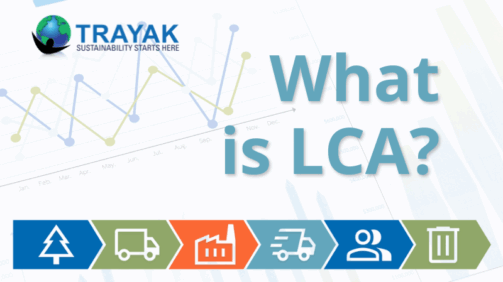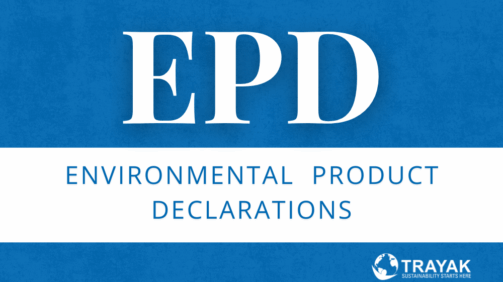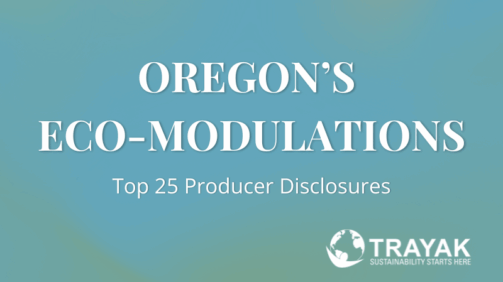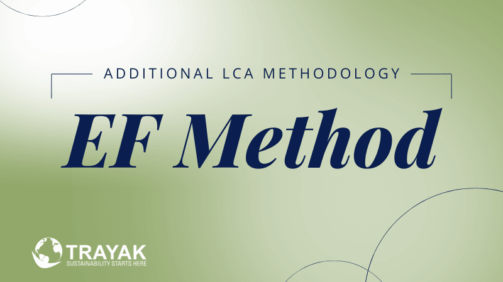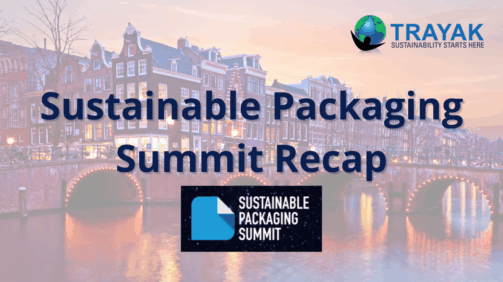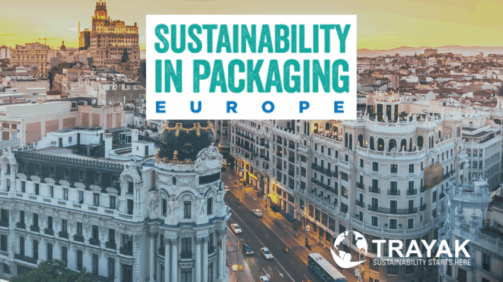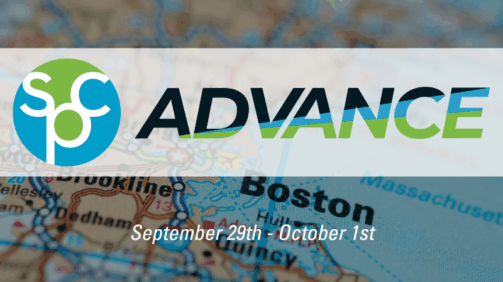Resources
Blogs and Updates
Want to learn more about packaging, sustainability, regulations, and software updates? Check out our blogs and news releases.
Blogs
A Sustainable Guide to Gift Wrapping This Holiday Season
Are you wrapping gifts for the holidays this year? According to MarineBio, every year in America, 2.3 million pounds of wrapping paper end up in the landfill, ...
Quantifying Plastic Pollution: Closing the Micro- and Macroplastic Gap In LCA
Plastic Pollution According to the United Nations Environment Programme, 19 to 23 million tonnes of plastic waste are leaked into aquatic ecosystems annually. ...
What is Life Cycle Assessment, and Why Should You Use It?
Life Cycle Assessment (LCA) is a standardized and reliable method that is used to calculate the environmental impact across the entire life cycle of a product ...
News Releases
Trayak Expands Sustainability Services to Facilitate The Publication of Environmental Product Declarations (EPDs)
MASON, OH – November 24, 2025 Trayak is excited to announce that we are able to conduct Environmental Product Declarations (EPDs). EPDs are gaining traction g ...
Trayak Supports LCAs for Oregon’s EPR Eco-modulations and Top 25 Producer Disclosures
MASON, OH - November 18, 2025 Trayak is pleased to announce expanded support within the EcoImpact Sustainability Platform and our consulting services to help c ...
Trayak’s EcoImpact Sustainability Platform Now Supports LCAs Calculated with the EF Method
MASON, OH - October 28th, 2025 Trayak is proud to announce that the EcoImpact Sustainability Platform now supports LCAs calculated using the Environmental Foo ...
Conferences
Sustainable Packaging Summit 2025 Recap
Last week, members of the Trayak team attended the Sustainable Packaging Summit in Utrecht, Netherlands. More than 900 attendees in the sustainable packaging f ...
Sustainability In Packaging Europe Attendance
The Trayak team is headed to Barcelona, Spain from October 21st - October 23rd for the Sustainability in Packaging Europe 2025 Conference. We’ll have an exhibi ...
SPC Advance 2025 Recap
This past week, some Trayak team members had the opportunity to attend the SPC Advance 2025 conference where packaging and sustainability leaders came together ...



